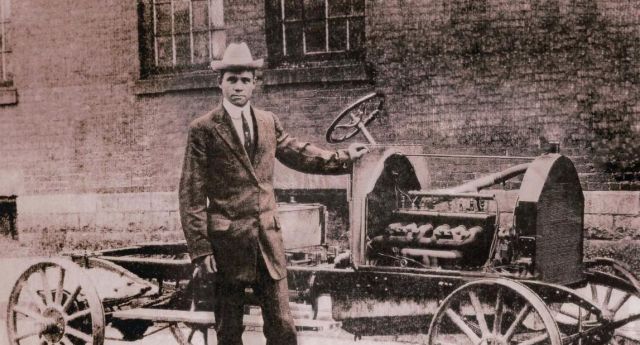Chuck Snow, founder and Chief Executive Officer of TRAFFIX, has loved trucks and transportation since he was young. He quickly pursued a career in logistics when he began driving for his family’s flower shop at the age of sixteen. Soon after, he drove for a furniture store, and at twenty-one he purchased his first truck, marking the beginning of TRAFFIX.
——
The North American trucking industry has undergone several changes in order to be where it is today. In the 1930’s, the trucking industry was highly regulated. The Canadian Transport Commission and the Interstate Commerce Commission governed transportation companies and imposed strict regulations, preventing smaller carriers from entering the market, and placing great importance on larger companies and the products that they carried. Despite these regulations, however, the industry was highly inefficient, as licenses were required by each company to transport particular goods and materials to specific locations. Licenses, expensive at the time, were used as investment strategies for many businesses, as not only were they purchased to transport freight, but they were traded as commodities as well. Many companies quickly fell into debt to obtain licenses and secure their place within the industry.
TRAFFIX was one of many small trucking companies vying for a position in the regulated market and joined the companies who circumvented industry regulations. At this time, smaller companies acquired income by renting trucks to transport goods on behalf of larger companies. Known as, lessors, these businesses, and individuals significantly influenced the deregulation of the industry.
Shortly after TRAFFIX was founded, the United States proposed the deregulation of the sector with the Motor Carrier Act of 1980 and succeeded. American transportation companies could now transport products and goods freely. It wasn’t until 1985, however, that deregulation impacted the Canadian market, with the Freedom to Move Act. Almost overnight, trucking companies who owned the licenses to ship goods and materials were financially crippled. The licenses that once protected them financially were now worth nothing. Many companies were forced to file for bankruptcy during this time; which was when smaller operations began to surface as the next wave of leading logistics companies in the industry.
During the process of deregulation, the trucking industry continued to work out the inefficiencies that plagued companies. Many drivers were forced to deliver a load to a predetermined destination, but then return without carrying additional freight. Load brokerages began to take a leading role, as they implemented strategies to rectify these inefficiencies. TRAFFIX, one company of many, worked to match drivers with loads to ensure that trucks were always full. Load brokerages grew in number and size, helping drivers utilize each trip and save on transportation costs.
The industry experienced another massive shift with the passing of the North American Free Trade Agreement in 1994. Tariffs were eliminated, and trade was highly encouraged between Canada, the United States, and Mexico, allowing companies to increase cross-border shipping. TRAFFIX now had the unique opportunity to haul particular goods due to demand. The Commodore 64 computer, one of the most popular computers ever sold because of its attractive price and performance, was one such product that TRAFFIX had the pleasure of hauling. As the demand for Commodore 64 computers grew, TRAFFIX transported one load of computers per day from California to Toronto, where computers would then be flown to Europe for distribution.
As of 2015, the trucking industry was responsible for shipping 58.3 percent of the value of cross-border freight between Canada and the U.S. Today, TRAFFIX transports thousands of loads per month for grocery chains, retailers and food manufacturer’s across North America. From humble beginnings to national success, TRAFFIX has secured its position in the industry and continues to be a leading logistics provider.



